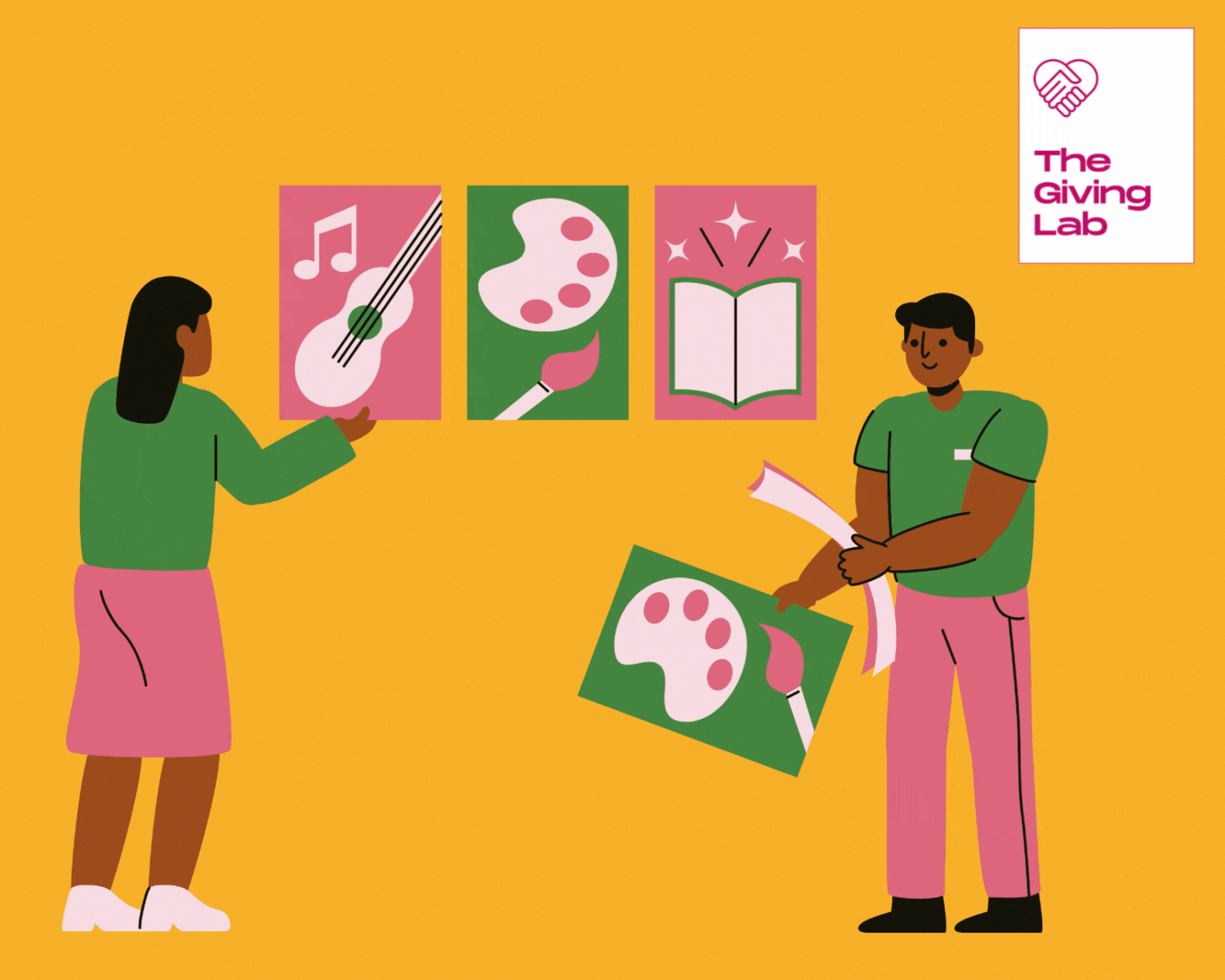Your Voice Matters: The importance of community storytelling
It was a warm Monday morning in July, and the sun was beaming in through the glass of The Crystal, the Greater London Authority’s new home in the Royal Docks. I filled my coffee cup and a small plate with fresh fruit and pastries, and found a seat amongst the community engagement leaders, policymakers, artists, and researchers there to learn ‘How to use insights to tell a community’s story’.
The transformative power of storytelling and its potential to bring about change has been at the forefront of our thinking at TSIP, and mine, in particular. I grew up in a household of passionate and expressive women. My younger sister, while completely non-verbal, was just as communicative as the rest of us, but she struggled to be heard outside of our home. People didn’t always take the time to read her body language, facial expressions, and eye movements, and as a result, they missed out on what she had to say and her unique point of view.
I believe that personal stories are an entry point to understanding a different experience of the world, and I was looking forward to learning how other organisations were approaching the subject.
The Wellcome Policy Lab was focused on storytelling formats, exploring the idea of using games instead of group discussions, performance instead of digital documents. Creating Ground uses art and drama to share the experiences of migrant women and help them overcome difficulties. Canopy is using imaginary work to engage communities in every stage of policy, from design to evaluation.
Evidently, art and creativity play a huge part in storytelling and can be an effective way to get people often overlooked, to open up and express themselves. It can also be an effective way to break through the noise and capture the attention of time-poor decision-makers.
At TSIP, our storytelling programme is largely focused on giving our community members ownership of their own story. Providing a platform where they can share the things that matter to them in an authentic way is a critical component of our community-led, participatory, democratic, and inclusive ethos.
To do this, we have partnered with On Our Radar, an award-winning media organisation whose mission is to surface stories from unheard groups around the world and tell them in a non-extractive way. Together we are delivering storytelling training sessions and building a reporter network for The Giving Lab (TGL) community members to receive ongoing support, coaching, and mentoring throughout their journey.
By providing community members with the skills and tools they need to tell their own stories, and helping them recognise that their voice matters, we aim to build their confidence and give them an opportunity to participate in the changes they want to see take shape around them.
Tobi King Bakare, Mr Reed, and Jayda David are three young spoken word artists who are amongst the most impressive storytellers I have ever seen. We were privileged to see them perform before the day wrapped up. One by one they got up on stage and shared what their London was. They spoke to themes of racial segregation, poverty, and social injustice, leaving few dry eyes in the audience. Their narratives, while all too common, are often the ones that get ignored, and are yet another reminder of why our work in amplifying marginalised voices is so important.
The GLA put on a great day. Wonderfully moderated, balanced, and inclusive. There were ample opportunities for networking, and even a dedicated prayer room where I was able to take a moment to reflect. Before heading home, I made sure to take one of the cable cars overlooking the Thames, something I had never done before. It felt like a VIP experience riding alone and staring out at the water beneath me. I video-called my family to share the experience with them. It was the perfect ending to an enriching day.
Words by Saboohi Bukhari

